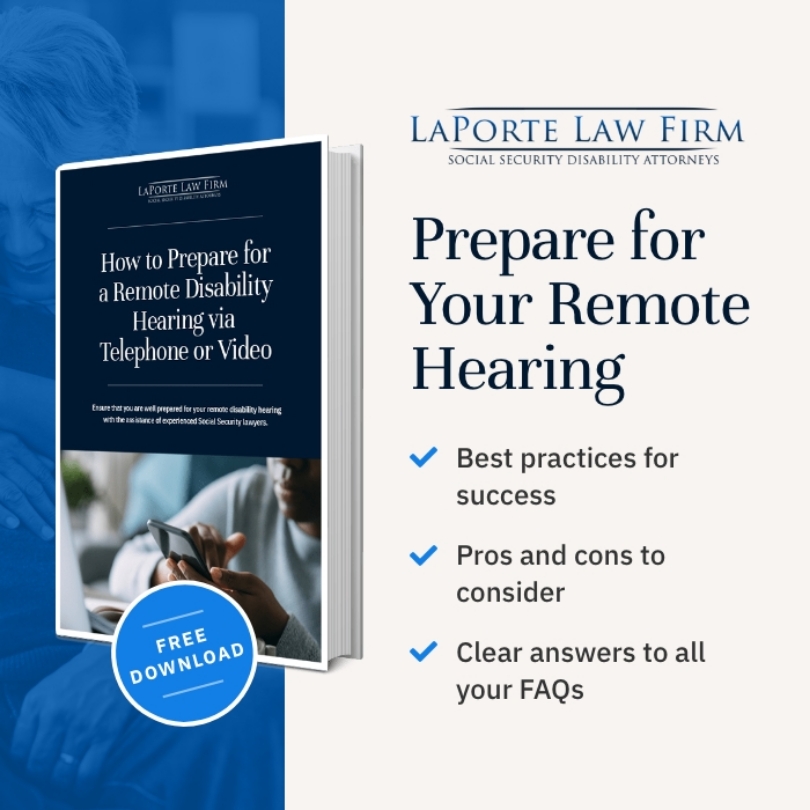
Obsessive-compulsive disorder (OCD) is a mental health disorder that features a pattern of unwanted thought, fears, or obsessions that leads you to engage in repetitive behaviors or compulsions. These obsessions and compulsions can interfere with daily activities and cause significant distress. If you have been diagnosed with OCD and your symptoms are severe enough to keep you from working, you may qualify for Social Security disability benefits.
Qualifying for Disability Benefits
To qualify for Social Security disability benefits, your condition must be severe enough to prevent you from working for at least twelve months. The Social Security Administration will review your medical record, doctor’s opinions, and statements from friends or family to determine how the symptoms of your OCD result in functional limitations that prevent you from working. If you are considering applying for disability benefits, it is important to document the symptoms of your OCD. Common signs and symptoms of OCD include generalized persistent anxiety accompanied by motor tension, autonomic hyperactivity, apprehensive expectation, vigilance, and scanning. It also includes suffering from irrational fears, recurrent and severe panic attacks, and intrusive recollections of a traumatic experience. Gathering your medical records that document these symptoms will be important to a successful disability case.Listing of Impairments
The Social Security Administration has a Listing of Impairments that contains a list of medical conditions and their definitions that are serious enough to be disabling. If your condition meets the requirements of a Listing, you will be qualified for disability benefits. OCD is a listed impairment in the SSA’s Listing of Impairments. To qualify for benefits under the Anxiety and Obsessive-Compulsive Disorders listing, you must show medical documentation of obsessive-compulsive disorder characterized by either involuntary, time-consuming preoccupation with unwanted thoughts or repetitive behaviors aimed at reducing anxiety. You must also show that you have an “extreme” limitation or “marked” limitation in two of the following areas:- 1. Understanding, remembering, or applying information;
- 2. Interacting with others;
- 3. Concentrating, persisting, or maintaining pace;
- 4. Adapting or managing oneself.




